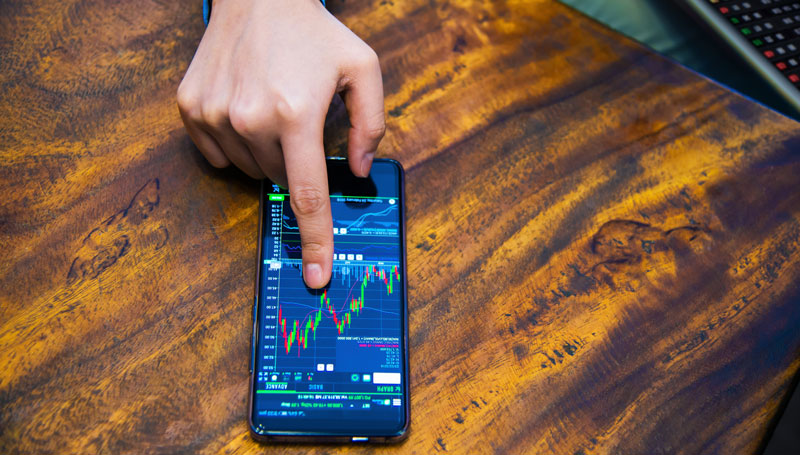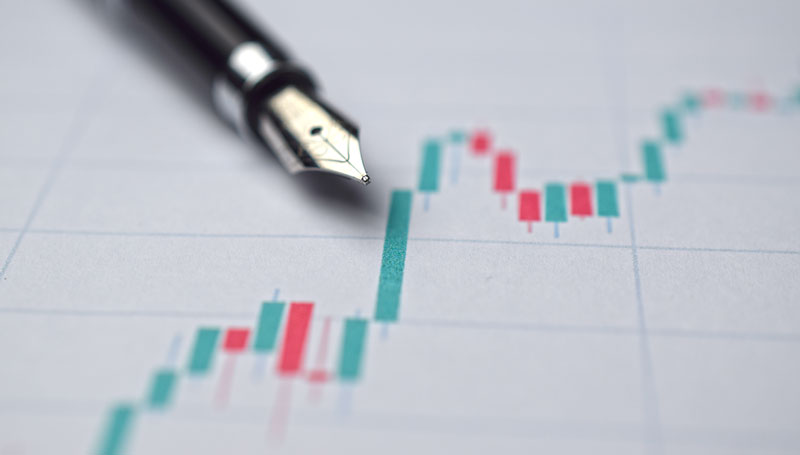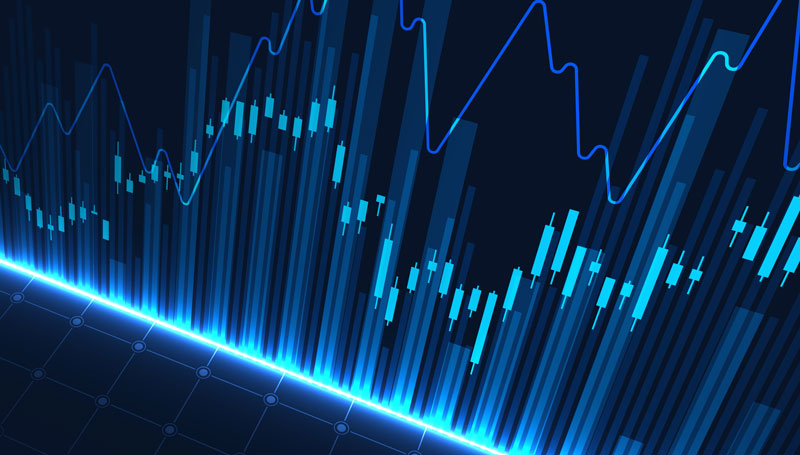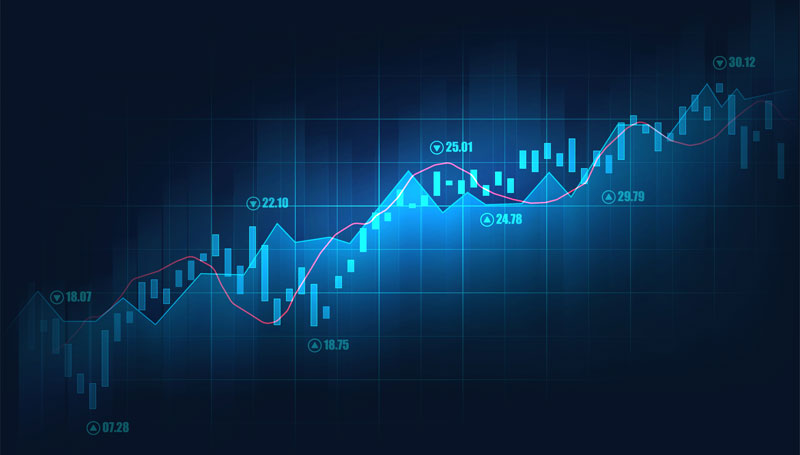

24.03.2020 – Daily Report. Mega financial aid from the Fed. Price gains in Japan. The DAX hisses over 9,000 points. Wall Street had posted losses the night before. There is still no agreement in Congress on the gigantic US aid program in sight.
Rising share prices in Frankfurt
Investors in Frankfurt are taking action again: the DAX recently rose by 5.7 percent to 9,318 points. The German aid package of 156 billion dollars provided hope. The same applies to the fact that in Italy the number of new infections and deaths has slowed down.
As expected, the incoming economic data was weak: German service providers’ business has slumped more than ever before. The purchasing managers’ index for the sector slipped to 34.5 points in March, its lowest value since data collection began in June 1997, according to IHS Markit.
US futures rose by a good 5 percent in the hope of an agreement in Congress on the gigantic aid program. Gold rose by 1.7 percent to $1,594.
Investors in Asia buy
Asia was also expected to recover on Tuesday. The CSI-300 rose by 2.7 percent to 3,625 points. In Hubei province, the first restrictions such as travel bans are to be lifted shortly. The exception is the metropolis of Wuhan, where the corona epidemic began. The Nikkei rose by 7.1 percent to 18,092 points. Investors hoped for share purchases by the Bank of Japan (BOJ), public pension funds and share buybacks by corporations.
Meanwhile, India took drastic measures: In the states of Maharashtra and Karnataka, anyone suspected of being infected with Corona is given a stamp on the back of their hand at the airport to enforce quarantine. The central government also uses airline reservations to track people’s movements.
Minus in New York
The evening before, prices on the US stock exchanges had slipped. The Dow Jones Industrial fell by 3 per cent to 18,591 points – its lowest level since November 2016, while the market-wide S&P 500 lost 2.9 per cent to 2,237 jobs. And the Nasdaq Composite closed narrowly unchanged with a minus of 0.3 percent to 6,860 points.
Rescue package deadlocked in Congress
Investors were disappointed by the party bickering in Congress: the aid package again failed to pass the Senate. The Democrats made demands that had nothing to do with Corona aid: For example, an emissions cap on airlines, the promotion of wind and solar power, money for planned parenthood – the organization performs abortions, among other things -, the automatic renewal of immigrant visas, or more rights for unions. The “Wall Street Journal” commented that the Democratic leadership, under pressure from the left within the party, has taken workers, hospitals and small businesses hostage. Meanwhile, the Dems presented their own plan, which at $2.5 trillion is even more gigantic than that of the Reps at $1.8 trillion.
Dollar Cannonade of the Fed
As a result, the stock market initially ignored the Federal Reserve’s heavy artillery: the Fed wants to buy up unlimited government bonds and mortgage-backed securities. In addition, it is launching several credit programs to support companies and households. US President Donald Trump expressed his satisfaction and indicated an end to the economic slowdown – with a partial restart of some sectors. “The solution must not be worse than the problem,” Trump emphasized again at a press conference at the White House.
Hedge fund Pershing Square goes “all in
Meanwhile, Bill Ackman was causing a stir: The head of Pershing Square Capital Management told Bloomberg that he had bet 2.5 billion dollars on the recovery of the economy and invested entirely in equities. He was now 100 percent long. An amazing turnaround: Just a week or so ago, the investor on CNBC called for drastic measures to contain Corona. He had warned “Hell is Coming” – and since then he has been known to a wider audience in the USA. However, many investors also remember him for his rather bizarre statements, for example that he had had visions about the effects of Covid-19.
What the day brings
Dates are rather thin on Tuesday. As always, you can find the overview here:Market Mover
For example, data for the manufacturing industry in the USA are due at 2:45pm.
At 3:00pm new home sales in February will follow.
And at 9:30pm the American Petroleum Institute reports the US crude oil inventory data.
The Bernstein-Bank wishes successful trades!
Important Notes on This Publication:
The content of this publication is for general information purposes only. In this context, it is neither an individual investment recommendation or advice nor an offer to purchase or sell securities or other financial products. The content in question and all the information contained therein do not in any way replace individual investor- or investment-oriented advice. No reliable forecast or indication for the future is possible with respect to any presentation or information on the present or past performance of the relevant underlying assets. All information and data presented in this publication are based on reliable sources. However, Bernstein Bank does not guarantee that the information and data contained in this publication is up-to-date, correct and complete. Securities traded on the financial markets are subject to price fluctuations. A contract for difference (CFD) is also a financial instrument with leverage effect. Against this backdrop, CFD trading involves a high risk up to the point of total loss and may not be suitable for all investors. Therefore, make sure that you have fully understood all the correlating risks. If necessary, ask for independent advice.
















